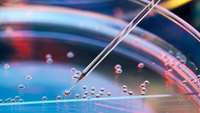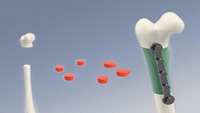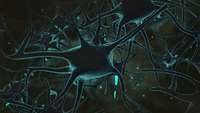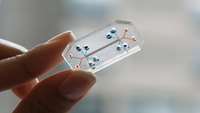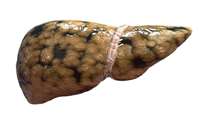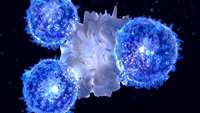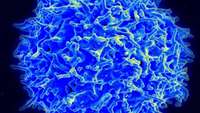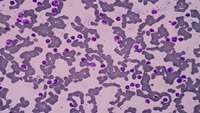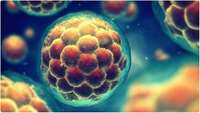Those with MS Are Cautioned About Unsafe Stem Cell Treatments
Faced with an incurable condition, people with multiple sclerosis will sometimes seek risky alternative treatments as their disabilities increase.
New Stem Cell–Based Bone Engineering Technique Advances Regenerative Medicine
A team from the New York Stem Cell Foundation (NYSCF) Research Institute reports the development of a novel bone engineering technique called Segmental Additive Tissue Engineering (SATE).
Announcing the 3rd National Festival and International Congress on Stem cells and Regenerative Medicine in the Science Events section of the RegMedNet website
According to the Public Relations and International Affairs of the council for Stem cell science and technology for Stem Cells, holding of the "Third National festival and International Congress on Stem cells and regenerative medicine was informed in the Scientific Events section of the website: Regenerative Medicine Network.
Human blood cells transformed into functional neurons
Human immune cells in blood can be converted directly into functional neurons in the laboratory in about three weeks with the addition of just four proteins, researchers at the Stanford University School of Medicine have found.
Lung-on-a-chip simulates pulmonary fibrosis
Developing new medicines to treat pulmonary fibrosis, one of the most common and serious forms of lung disease, is not easy.
Fatty liver disease research set to benefit from stem cell advance
Scientists have developed a lab-based system for studying the most common type of liver disease, paving the way for research into new therapies.
Kite Partners with Dutch Biotech to Develop a New Form of CAR-T Therapy
Approved just last year, CAR-T cell therapy is offering hope to patients with severe forms of blood cancer. The developer of one of only two CAR-T therapies currently in the market, Kite, has partnered with the Dutch Gadeta in order to support the development of a new type of CAR-T cells with several advantages.
Some blood stem cells are better than others
In your body, blood stem cells produce approximately 10 billion new white blood cells, which are also known as immune cells, each and every day.
PNA gene editing technique cures beta-thalassemia in utero
Researchers have for the first time used a gene editing technique to successfully cure a genetic condition in a mouse model. Their findings present a promising new avenue for research into treating genetic conditions during foetal development.
Researchers identify protein essential for making stem cells
Researchers at the School of Medicine have identified a new protein critical to the production of induced pluripotent stem cells, or iPS cells


